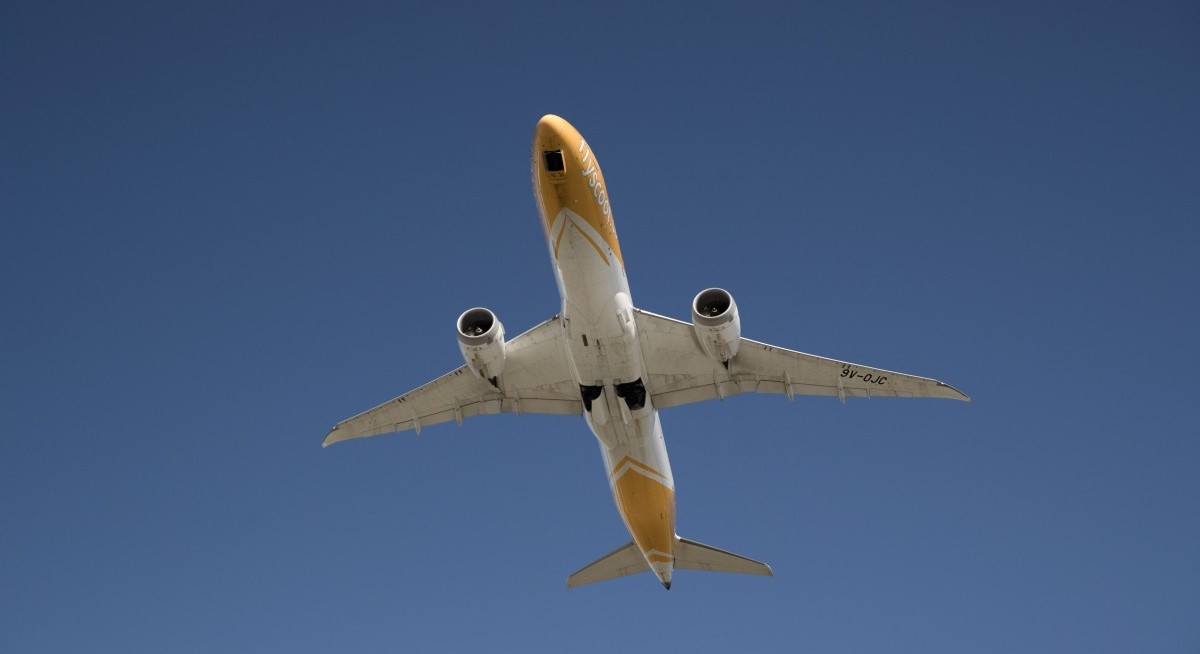“Operational efficiency was also impacted by the forced relocation to Changi Terminal 4, which disrupted connectivity and increased costs. These pressures, combined with a highly competitive Southeast Asian market, contributed to the decision to exit,” writes the DBS team.
With Jetstar Asia’s closure, its existing fleet of 13 A320s will be redeployed to serve Australia’s network domestically, where demand is stronger and market conditions are more favourable.
Meanwhile, there will also be a one-off pre-tax cash impact of approximately A$160 million and a total earnings impact of $175 million across FY2025 and FY2026.
On this, the team notes: “These will be largely offset by working capital recovery, tax adjustments, and earnings contributions from redeployed aircraft. The released capital will also support Qantas’s broader fleet renewal and expansion strategy.”
See also: PhillipCapital, UOB Kay Hian raise respective target prices for BRC Asia following 1QFY2026 earnings
For Australian flag carrier Qantas, the DBS analysts see that Jetstar Asia’s termination of services will sharpen the airline’s focus on higher-return markets while streamlining its operating structure.
With Southeast Asia’s landscape too “fragmented” and highly competitive for low-cost carriers, the team writes that redeploying capacity to core domestic and trans-Tasmania routes allows Qantas to better align resources with areas of stronger demand and margin visibility.
They write: “Although the decision involves near-term restructuring costs, it reflects a more disciplined approach to capital allocation and underscores management’s focus on improving long-term shareholder value.”
See also: Citi ups target prices on all three banks; prefers Singapore banks over SGX for EQDP play
Overall, the team of analysts see that the situation should improve SIA’s competitiveness in the region, although the impact on group earnings is likely to be incremental, as capacity growth in the region continues to be elevated.
Jetstar Asia held a 7.7% share of Singapore’s passenger traffic in June, compared to SIA budget carrier Scoot’s leading 59%, with the two airlines overlapping on several intra-Asia routes.
“Jetstar Asia’s withdrawal removes a direct competitor, which should support Scoot’s load factors and pricing environment [on overlapping routes]. While Scoot has faced profitability headwinds over the past year due to faster yield normalisation compared to SIA, this development improves its operating environment and strengthens its competitive position,” conclude the analysts.
As at 3.31 pm, shares in SIA are trading 2 cents lower 0.28% down at $7.04.




